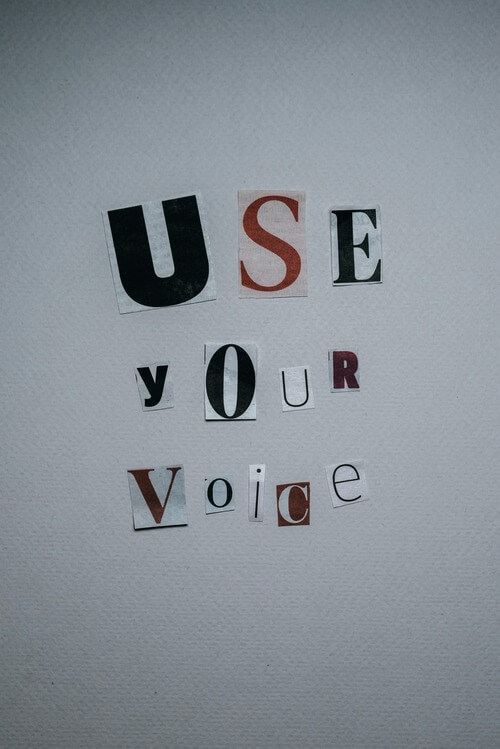Parental Rights vs a Childs Rights: Understanding the Balance
Parenting is one of the biggest responsibilities you’ll ever take on. And if you’ve been asking yourself, “What’s the difference in parental rights vs a childs rights?” you’re already ahead of the game.

Because that is what this guide is here to help you with. We’ll go through what parental rights are, what a child’s rights look like, how they can sometimes come into conflict, and — most importantly — how to find the sweet spot where everyone’s rights are respected.
What Are Parental Rights? A Quick Refresher
First, let’s recap. What are parental rights? The legal rights and responsibilities you have as a parent. When raising your child, you want to protect and guide them by any means possible.
This would include making decisions about their healthcare, religion, education and daily life. Also providing physical and emotional needs to them.
Your parental rights are legally recognized — and for good reason. The law generally assumes you know what’s best for your child. But these rights are not absolute — they come with responsibilities and limits.
What Rights Do Children Have?
Now, let’s talk about your child. Yes — even minors have rights! While they may not have all the same freedoms adults do, children have basic human rights that protect their safety, well-being, and development.
Some examples of a child’s rights include:
- The right to be safe and protected from harm (abuse, neglect, exploitation).
- The right to a free and appropriate education.
- The right to health and medical care -- in some cases, older children can consent to certain treatments.
- The right to express their views on matters that affect them -- especially in custody disputes.
The law often gives the wishes of older children more weight when they show more maturity. For example, teens may have a say in custody arrangements or medical decisions.
How Parental Rights vs a Childs Rights Work Together
You might be wondering — If I have parental rights, but my child also has rights, what happens if they clash?
Here’s the thing: in family law, the child’s best interests are the North Star. Courts and child welfare agencies always come back to this principle.
- Your rights exist to serve your child’s best interests. You have the authority to make decisions, but those decisions must support your child’s health, safety, and growth.
- Your child’s rights limit how far your parental rights can go. For example, a parent can’t deny a child needed medical care, withhold education, or expose them to dangerous situations.
- In serious cases, parental rights can be limited or terminated if they’re being misused or if the child’s rights are endangered.
The goal is balance. Your authority and guidance are vital — but so is your child’s right to safety, respect, and a voice in their own life.

Examples of Parental Rights vs. Childs Rights
1. Education
- Parental Rights: You decide what school your child attends, whether they’ll be homeschooled, and how their educational needs are met.
- Child’s Rights: Your child has the right to a free and appropriate education. You can’t deny them that right or keep them from learning.
2. Medical Decisions
- Parental Rights: You choose medical providers, treatments, and care for your child.
- Child’s Rights: In some situations — like reproductive health, mental health care, or substance abuse treatment — older teens may have the legal right to consent without parental involvement.
3. Custody and Visitation
- Parental Rights: Both parents have a right to seek custody and visitation.
- Child’s Rights: The court considers the child’s wishes and best interests. In high-conflict cases, the child’s need for safety and stability will override a parent’s desire for access.
4. Protection from Harm
- If a parent’s actions put a child in danger — abuse, neglect, or unsafe living conditions — the child’s right to be protected will take precedence. Authorities can intervene, and parental rights can be limited or ended.
Why Knowing This Balance Matters
You might feel a little nervous reading this — that’s normal! The goal is to empower you, not scare you. When you understand “parental rights vs. a child’s rights,” you can better protect your family.
- It enables you to be a stronger advocate for your child in various settings, such as healthcare, family court etc.
- It allows you to make informed decisions that respect your child's increasing independence.
- Being aware offers you the opportunity to minimize the risk of disputes or legal issues.
You don’t have to get this balance perfect every time — parenting is messy! But staying informed is one of the best ways to show your child you love and respect them.
How to Protect Everyone’s Rights
Here’s what you can do, starting today:
1. Keep the communication open. Listen to your child’s needs, especially as they grow older.
2. Educate yourself. Stay up to date on your state’s laws about custody, consent, and child welfare.

3. Document everything. If there’s ever a dispute — say, with an ex or the school — good records help protect your parental rights and your child’s best interests.
4. Ask for help. A family law attorney can be an incredible ally when you’re unsure about how your rights and your child’s rights intersect.
When to Get Legal Advice
If you’re facing a complicated situation — like divorce, adoption, or a custody fight — you don’t have to figure it all out alone. Legal guidance can give you peace of mind and a clear action plan.
Consult a trusted family law attorney if you ever feel your parental rights or your child’s rights are at risk.
Need help?
If you have questions or feel stuck, don’t wait — reach out for legal support today. Your family’s future is worth it.
This article is for general informational purposes and is not legal advice. Always consult a licensed attorney in your state for help with your specific situation.




















New! Comments
Have your say about what you just read! Leave me a comment in the box below.